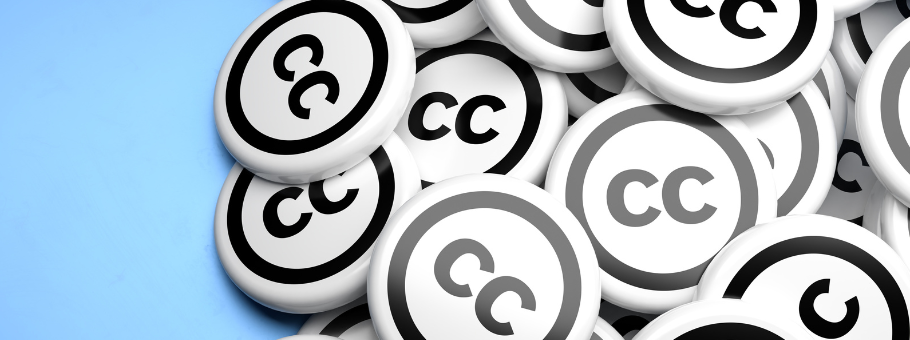How Disruptive is Open Access Publishing?

What is the Meaning of “Disruptive?”
The literal definition of to disrupt is to “break apart, throw into disorder, or interrupt the normal progress or activity of something.” I would imagine that many publishers of traditional academic journals, by that definition, would find Open Access (OA) journals to be highly disruptive to their normal (and highly profitable) business model.
However, we can also consider disruptive in terms of Clayton Christensen’s model of disruptive innovation, first introduced in his 1997 book “The Innovator’s Dilemma,” where “an innovation transforms an existing market or sector by introducing simplicity, convenience, accessibility, and affordability where complication and high cost are the status quo.” Netflix’s disruptive transformation of the DVD-rental industry, for example, killed Blockbuster Video and the corner video store before moving-on to leverage video streaming technology to make the transaction even simpler.
Disruptive Open Access
Open access certainly checks all the boxes on “convenience, accessibility, and affordability” as compared to the traditional academic publishing model, but the debate about simplicity versus complicated is still ongoing. Traditional journals weren’t complicated, just prohibitively expensive for both individual and institutional subscribers! Research funding plays a vital role here.
To be sure, online access is easier than waiting for a printed journal to show-up in your mailbox, but that’s more about accessibility than simplicity. Prevailing confusion over the benefits of “green” versus “gold” Open Access models suggests that there is still work to be done on the complication issue. And with the development of mega journals to support the more esoteric topics in the Open Access space, the general direction of this new market is still unfolding.
A Different Mix of Stakeholders
Switching the revenue generation model from subscribers to authors via article processing charges was certainly creative. But with that switch came a new stakeholder dynamic as these new customers started making demands.
Sacrificing prestige in favor of a wider audience for their work was, for the majority of Open Access enthusiasts, a fair deal, but there were additional expectations of this new model of academic publishing that were unexpected. Many took the position that: “If we’re going to transform this archaic model, let’s do it properly and fix everything!” which led to expectations of faster peer review times, greater transparency of revenues, and post-publication peer review.
All these innovations are currently in process, but not to the satisfaction of many critics of open access!
Open Access Vs. MOOC: Is MOOC Equally Disruptive?
If we consider the benchmark of broadening the impact of academic scholarship while reducing cost pressures, the Open Access model has some competition. Massive Open Online Courses (MOOC) are also worthy of the term disruptive when we consider their impact on both publishing and the academic community in general.
Critics argue that they have led to greater commoditization of education in the form of packaged, homogenized content aimed at automated delivery by less-experienced academics in order to bring education to the masses.
Advocates argue that MOOC directly challenge the role of higher education institutions as the gatekeepers of knowledge (typically with highly prohibitive entrance fees), and that the increased portability of the content will drive even higher demands for transformation of the traditional academic model.
What remains to be seen is the extent to which MOOC will impact academic research directly. Greater access to basic research and critical thinking skills will no doubt be welcomed as a positive improvement, but beyond that, the current employment challenges facing new graduates will not be ameliorated by adding even more graduates into the mix.
In any case, it is certain that Open Access and MOOC are together changing the rules of the game. They have disrupted the status quo for good!









